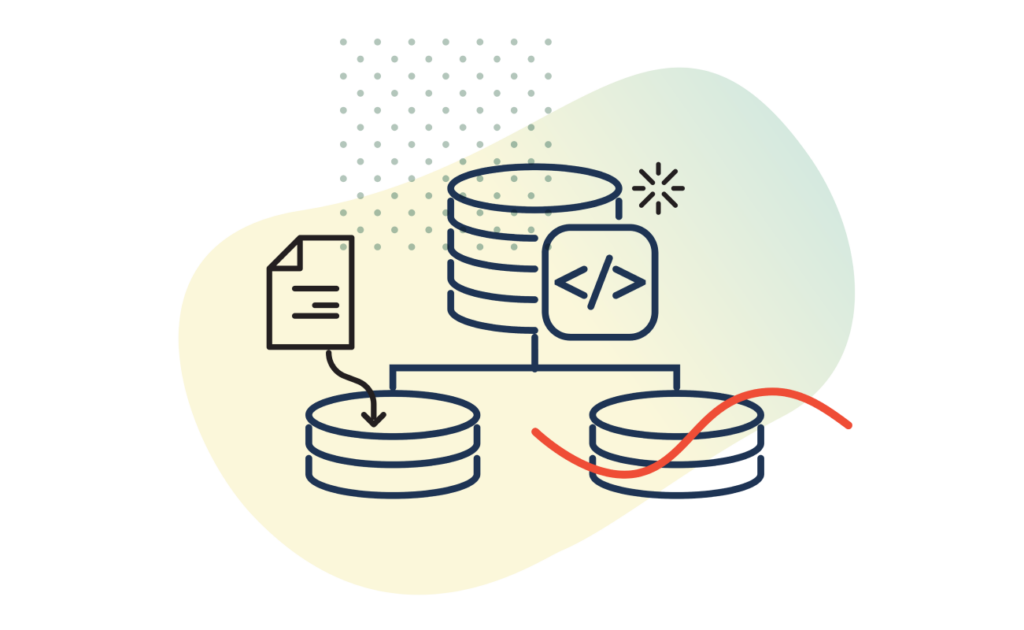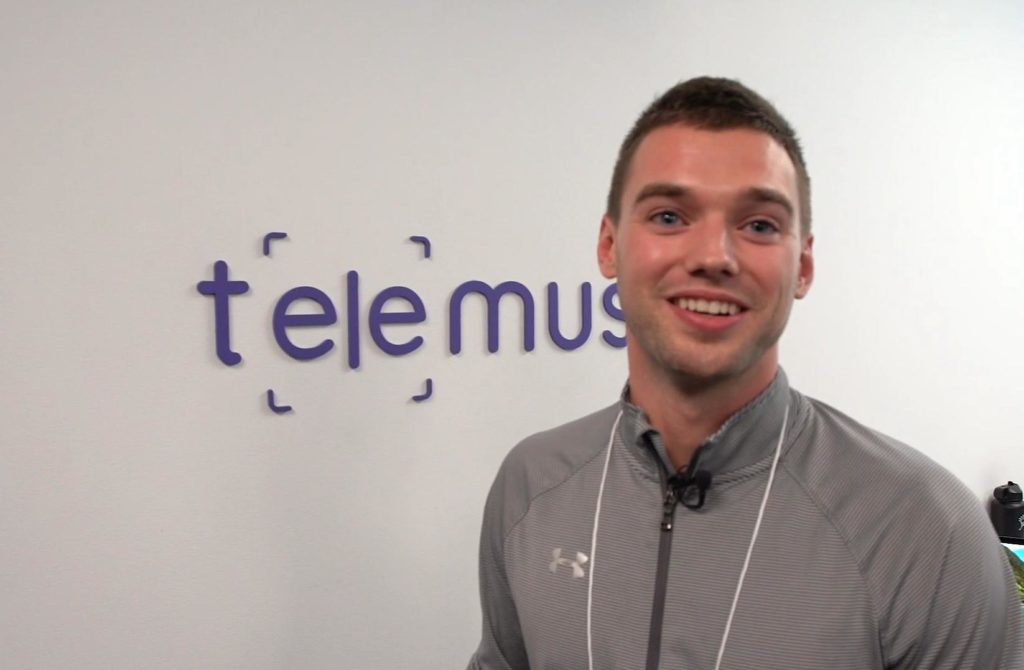Article
Setting Your Website Apart with Optimization

In 1996, Bill Gates wrote the article “Content is King.”
He argued that the Internet is a place where there are “broad opportunities for most companies [to supply] information or entertainment. No company is too small to participate.”
If you’re reading this article, chances are you feel that your company has value to offer, and that you need a top-notch website to showcase your unique product.
We also value high-end content. But while content may be king, content without performance risks getting glossed over by users and by search engines. At the time of this writing, Internet Live Stats indicates that there are 1.6 Billion websites and counting. To put it simply, a website that lacks speed and performance will have a negative impact on customer satisfaction and conversion. These same slow and inefficient sites will be negatively indexed by search engines such as Google, a key pathway for users to find your website.
While it may seem that the odds are stacked against you, there is a solution: amazing content paired with best-in-class optimization. This winning combination can help your website – and by extension, your company – stand apart from the competition.
Moz.com wrote in a blog post, “Google has indicated site speed (and as a result, page speed) is one of the signals used by its algorithm to rank pages [ . . . ] A slow page speed means that search engines can crawl fewer pages using their allocated crawl budget, and this could negatively affect your indexation.” For these reasons, you should give the same focus to optimizing page performance that you give to amazing design.
So, Why Do We Optimize?
Users love rich, dynamic content when it’s fast. A 2015 Adobe report found that consumers, on average, use 2.23 devices at the same time. They also engage with websites across different screens & devices.
Users also love beautifully designed content—but get it to them quickly. Even when short on time, 59% of users prefer consuming content that is beautifully designed vs. simple. In sum, both elements (beautiful design plus speed) need to be present to maximize conversions and minimize bounce rates.
Content is King, but Not Without Performance
This was proven in a Soasta study—conversions significantly improved when the site was faster. Delays for as little as 100 milliseconds can lead to lower conversion. A page loading on a desktop in 1.8 seconds experienced peak conversion rates of 12.8%. If the same page takes 3.8 seconds to load, conversion drops by 37%. Bounce rates are similarly affected. A two-second delay increases bounce rate by up to 103%. Five seconds of total load time doesn’t sound particularly slow, but it becomes significant when it corresponds with doubling bounce rates.
Considerations for Optimizing Your Website
The approach to optimization is simpler than you might think. It’s important to consider what we optimize, when we optimize, and who should optimize—together, these factors lead to why we recommend thinking seriously about optimization.
- What do we optimize? Optimize components that contribute to page load time.
- When do we optimize? Optimize during the development process. Optimization is an integral (and ongoing) phase of making a high-quality website.
- Who should optimize? Everyone—it’s a UX consideration and Google, with over a billion monthly users (13% of the world’s population) ranks your page based on what users demand—namely, the speed and functionality of your website.
At Fresh, we care about differentiating our clients’ websites and making them high-end. The value? Faster websites—with dynamic, world-class content—that lead to better click-through rates, decreased bounce rates, and more retention and engagement. We believe faster websites and more efficient digital experiences are a key component for amazing UX.









